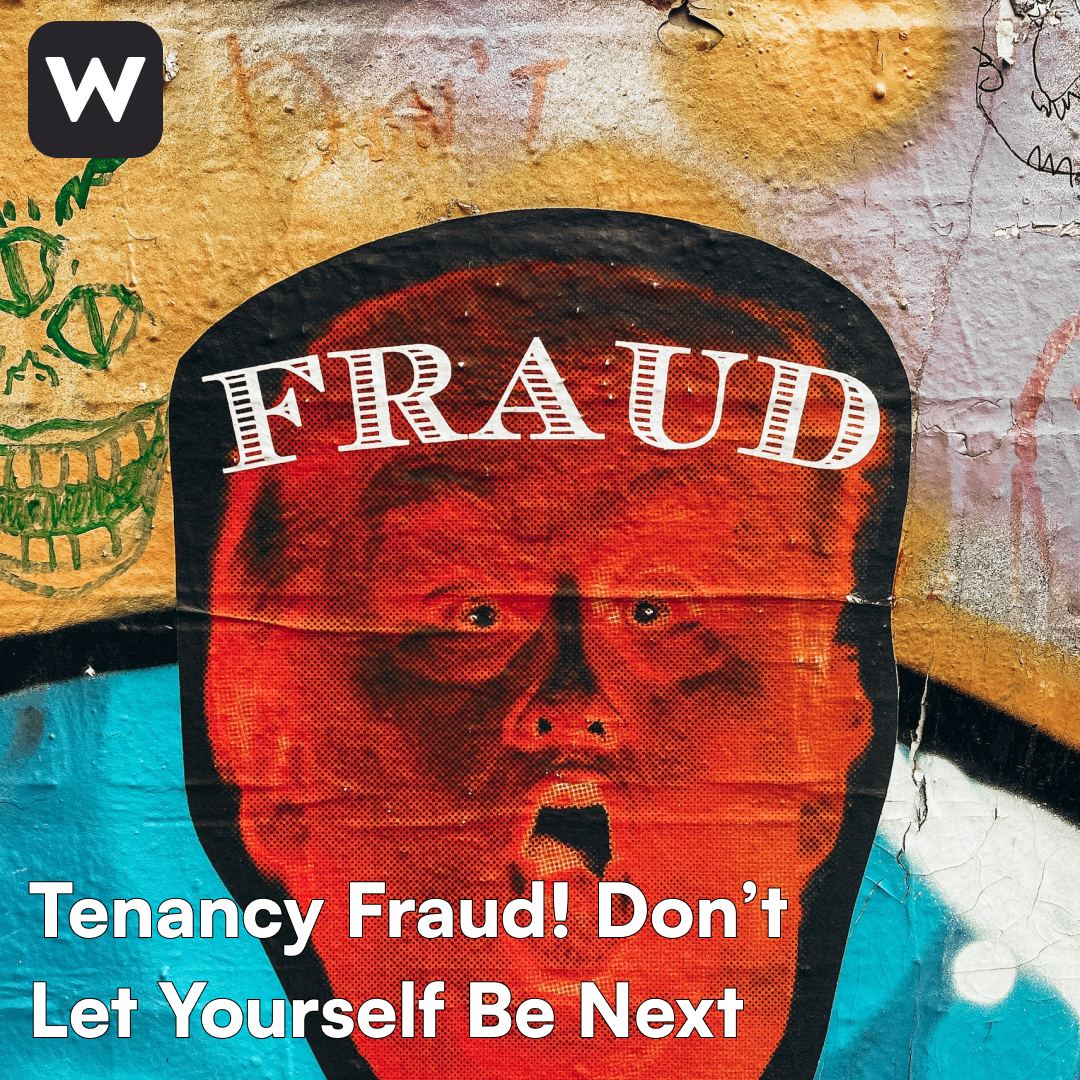Goodlord pleads for estate agencies or landlords to implement artificial intelligence, for example, open-banking and automatic ID verification checks within their daily operations. Blake Richmond, the director of Goodlord, writes that tools such as these are stronger than the fraudulent activity itself - the war can easily be won with technology as a weapon”. New implementations can also be the difference between serious disputes and insurance claims or a harmonious relationship between landlords and tenants.
Blake Richmond outlines that fraud can be decreased through various methods such as:
- Working alongside a credit reference agency. Examples include FLS tenant referencing, and Open Rent’s credit checks, among others. Running checks on potential tenants enables the agency or landlords to track the spending of the individual, and establish the root of their income. Those partaking in fraud will be impossible to pinpoint, although they may have valid reasons for being off the grid. Reasonable explanations include a recent change in address, or they’re a house purchaser with absolutely zero bank loans. Cases apart from these, however, should not be taken lightly.
- Artificial intelligence ID checks all around. Artificial intelligence sources such as Onfido can be beneficial and quick when it comes to checking the authenticity of someone’s identity. A tenant simply snaps a photo, while a combination of machine learning and human intelligence places a verdict on whether the photo on the ID matches with the real-time photograph. The same technology is used at ‘e-gates’ in airports when scanning your passport, just on a smaller scale.
- Open banking - more like open for business. ‘Open banking’ helps verify an applicant’s salary with their bank, and not through other gateways where the individual could have tampered with the information and digitally tripled their income. Pay slips are statistically the first item that fraudulent applicants attempt to photoshop. Open banking sources such as Credit Kudos can be a handy method of putting a stop to this, while simultaneously acting as a provision for income and address checks. As an added bonus, open banking ensures that referencing is done in a speedier manner.
Lastly, open banking can be used to verify address references. This is the easiest component to forge, as it only takes one friend or family member to write a good word about the applicant and confirm that their property history is accurate. The truth may be revealed down the line, and the landlord/agency will later find out the applicant is swimming in a pool of debt. This, of course, will be when they’re already comfily lounging by the fireplace in the new home.
